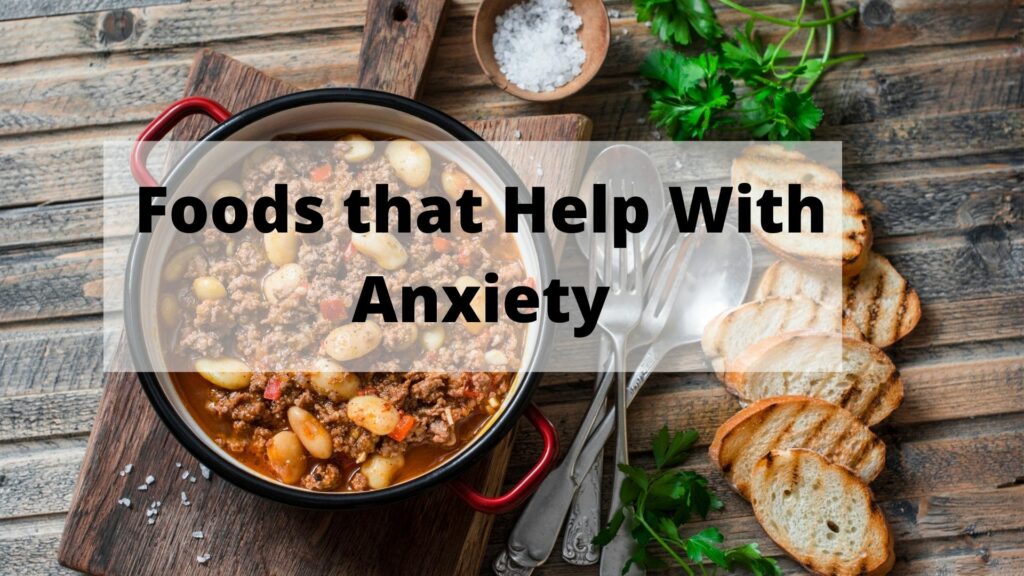We all know that food has a significant impact on anxiety levels. When you eat meals heavy in sugar, salt, or caffeine, your body produces more adrenaline and cortisol, two hormones linked to the fight-or-flight response. This is why, when individuals are stressed, they typically turn to food! GABA synthesis is increased by certain foods, which helps to lower stress hormones in the body. Continue reading for an infographic on foods that can help you cope with anxiety.
Stress and Anxiety
The term “stress” refers to the various demands and problems that everyone confronts daily. Physical, mental, emotional, or biological stress are all possibilities. Anything you come across could be stressful.
Anxiety is brought on by stress. Anxiety is typically caused by the daily interruptions, frustrations, and challenges you face, rather than by life’s crises or calamities. Hearing a phone ring constantly, hearing the cries of a new infant, or worrying about paying expenses can all generate anxiety and stress.
When you’re anxious for numerous days or weeks, it’s called chronic anxiety. Chronic anxiety can lead to major health problems in the long run. While there are no fast remedies, eating to increase or decrease key chemicals in your body may assist to reduce anxiety’s negative consequences.
Foods That Help With Anxiety
Diet alone may not be enough to alleviate anxiety. Certain foods, on the other hand, have a calming effect on the body, while others, once digested, produce anxiousness.
Here are a few recommendations:
- Choose foods that increase the soothing brain chemical serotonin, such as complex carbohydrates.
- Instead of sugary snacks or beverages, choose whole-grain bread and whole-grain cereals.
- Breakfast should include protein so that you have energy and your blood glucose levels remain stable.
- Alcohol and caffeine, which create anxiety after eating, should be limited or avoided.
- Both have an impact on your sleep and can make you feel jittery.
- Keep yourself hydrated. Dehydration might affect your mood.
Consider including the following foods in your diet to improve your mood:
- Folate and other B vitamins in chocolate
- foods with a low glycemic index
- Magnesium
- Omega-3 fatty acids are essential fatty acids.
- Tryptophan
Consider including foods high in zinc in your diet. Oysters, cashews, liver, beef, and egg yolks have all been linked to decreased anxiety.
A 2015 study in the journal Psychiatry Research found that probiotics may help people with social anxiety. Pickles, sauerkraut, and kefir are all examples of probiotic foods that help with anxiety.
New research published in the journal Annals of General Psychiatry in 2017 found that probiotics are linked to better symptoms of severe depression, possibly owing to inflammation reduction or serotonin availability increasing. Anxiety and depression may be in connection.
If we all want to eat foods that are delicious, nutritious, and safe, try some of the following alternatives instead.
1. Fermented Foods
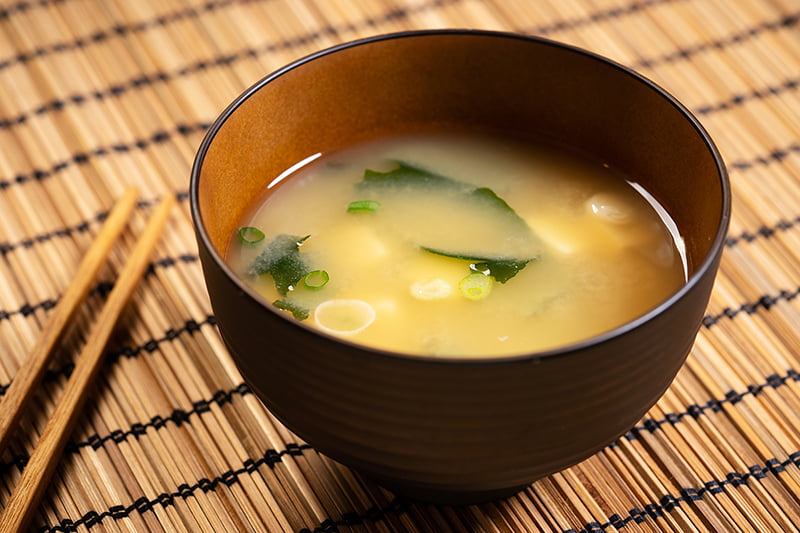
Probiotics are good bacteria that live in your gastrointestinal system and help protect against harmful diseases and germs. Fermented foods like miso, tempeh, sauerkraut, and kimchi contain them. Increased probiotic use may enhance your gut microbiome while also strengthening the gut-brain connection.
2. Cherries
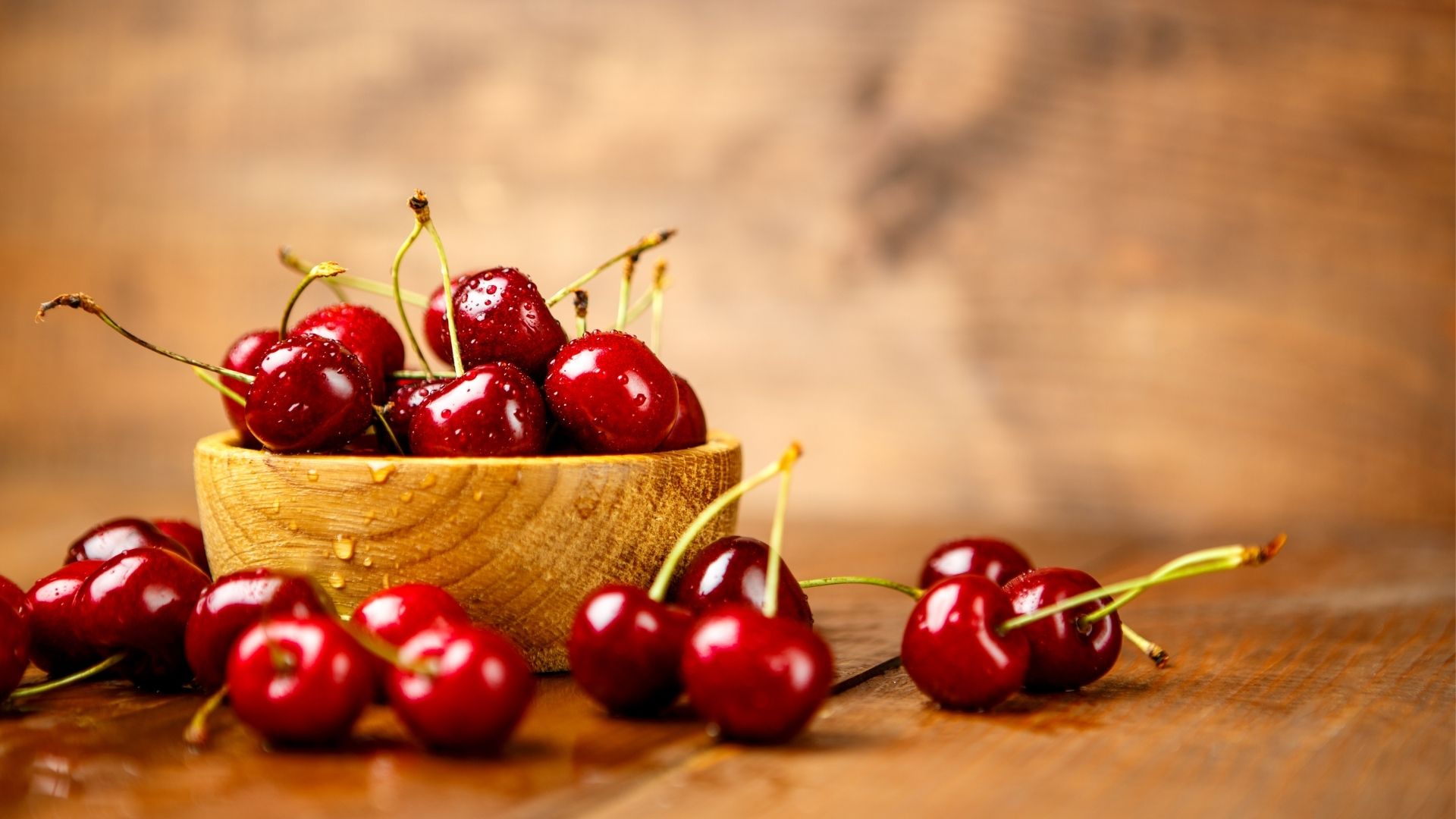
Cherries are high in antioxidants like quercetin, which can aid to boost emotions of well-being. Fruits and vegetables have been related to a reduction in anxiety and depression symptoms, as well as an increase in happiness levels. Some studies have connected eating five or more servings per day to increased happiness, while the average American barely eats two, according to the Centers for Disease Control.
3. Dark Chocolate

The strong flavor character of dark chocolate is polarising, but promising studies may tilt the scales in its favor. Regular dark chocolate users are less likely to report depressive symptoms, according to a 2019 survey-based study published in the journal Depression & Anxiety. While more research is in need due to the limited sample size, incorporating a modest amount into your daily routine can help.
4. Chamomile Tea

What’s not to like about a cup of hot, soothing tea at the end of a long day? If at all possible, opt for chamomile tea: Individuals who drank this tea regularly “substantially” reduced their severe generalized anxiety disorder symptoms, according to a clinical study published in the journal Phytomedicine in 2016. It’s unclear why this particular tea works so well, but the researchers believe it has something to do with the potent flavonoid chemicals found in chamomile.
5. Kiwi

Initial research has shown that a combination of vitamins C and E, as well as folate, can help reduce oxidative stress, which can lead to chronic inflammation. They may also aid in the production of serotonin, a neurotransmitter linked to feelings of happiness and well-being.
6. Seafood

Another poorly food in the United States is seafood, which has preliminary evidence of a cognitive boost and mood improvement due to crucial omega-3 fatty acids when consumed in sufficient amounts (8-12 ounces per week). If you’re a vegan or vegetarian, consider increasing your intake of salmon, mackerel, sardines, or shellfish.
7. Avocado

Avocados are high in vitamin B6 and magnesium, two nutrients that may aid serotonin production in your brain. Avocado slices can be added to omelets, salads, and even smoothies to increase fiber and healthy fats in your diet.
8. Beans and Legumes
Chickpeas, lentils, beans, and other legumes also contain antioxidants, vitamin B6, and magnesium. They’re high in protein due to their antioxidant-rich content.
More Foods That Help With Anxiety
Here are some more foods that help in reducing anxiety.
Plain Greek Yogurt
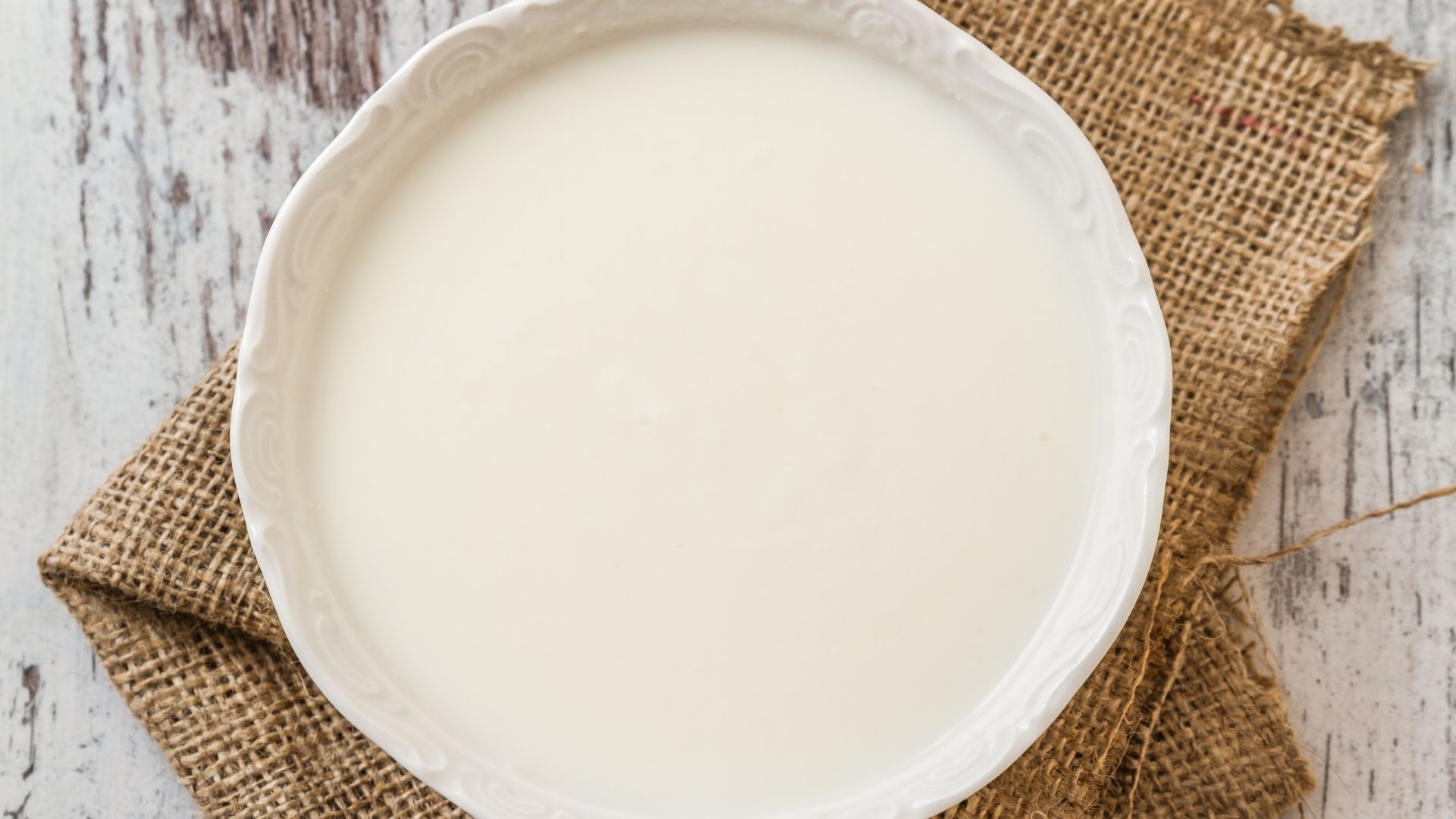
Yogurt contains important minerals, such as magnesium and potassium, that may assist with stress and mood disorders. Probiotics are also included in yogurt. To incorporate yogurt into your diet, look for plain, unsweetened versions containing at least five different types of live and active cultures on the label.
Whole Grains
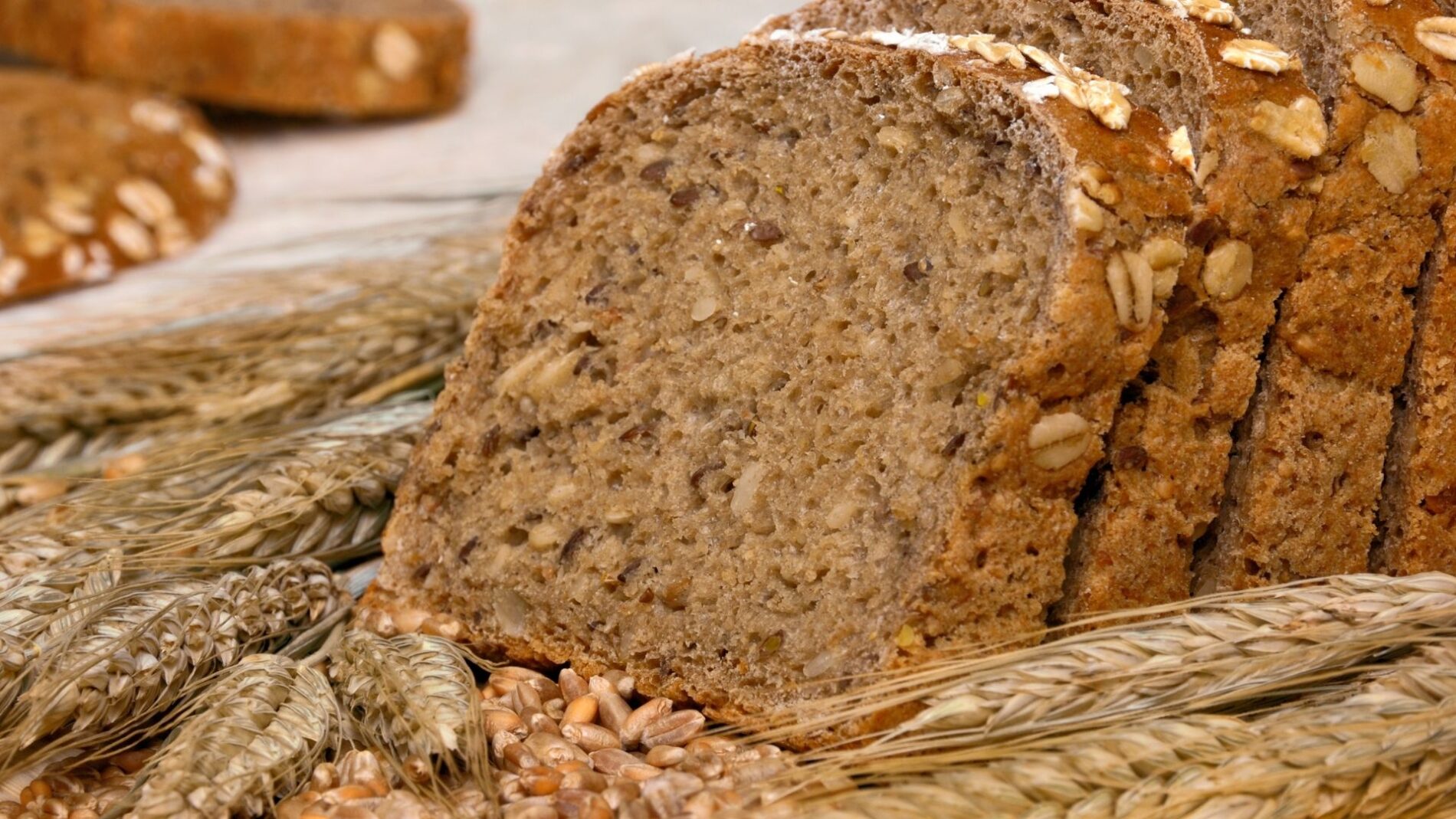
Prebiotics, on the other hand, encourage your body’s probiotics to survive and flourish. Whole grains such as oats, barley, and bran are high in them, as are various fruits, vegetables, and beans. These foods help your gastrointestinal tract serotonin receptors function properly and have been in link to a decreased risk of chronic disease.
Milk
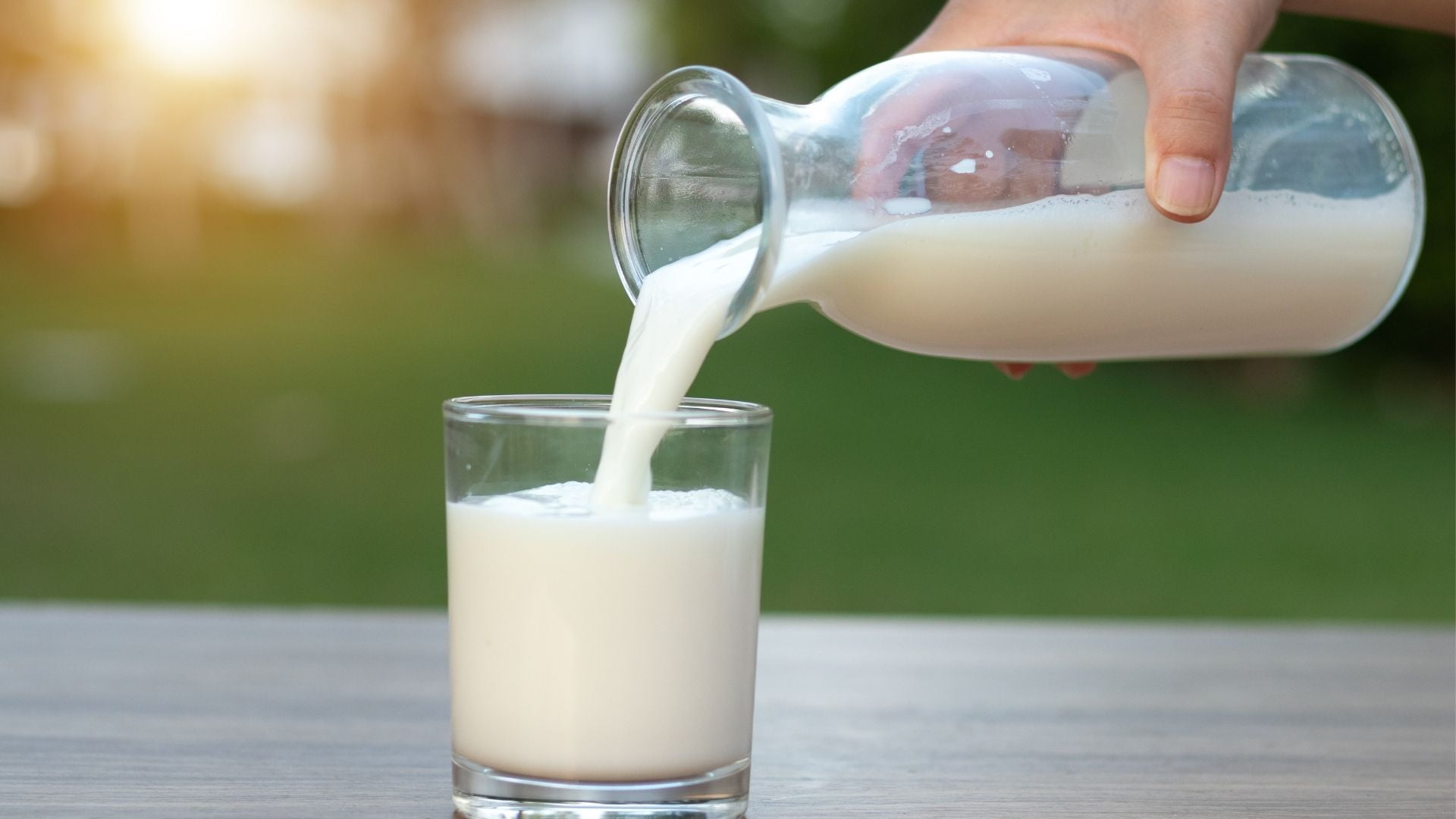
It may seem like a myth, but there’s a lot of science behind the time-honored glass of milk before bed. Milk contains minerals including calcium, potassium, and magnesium. Magnesium has been studied regarding its role in anxiety – yet 68% of Americans are not getting enough of this mineral.
Pumpkin Seeds

Pumpkin seeds have a lot of magnesium and potassium. Add a spoonful of these seeds to your food or snack on them plain for a nutritional boost, as they contain nearly 20% of your daily magnesium needs and about 17% of your potassium needs.
Conclusion
We hope you have found this blog post on foods that help with anxiety interesting and informative. A lack of sleep, a hectic schedule, or just the stress from everyday life can lead to mild levels of anxiety. Thankfully, there are some great natural remedies for managing your symptoms! Does any of these sound like they might work for you? Pick up one of our recommended books about food therapy if so–it’s full of recipes and ideas for how to manage your health in easy ways. If not, we would love to chat more about what is going on in your life and find a solution together!
For more information, please contact MantraCare. Anxiety is a common mental health condition characterized by persistent feelings of worry, fear, and apprehension. If you have any queries regarding Online Anxiety Counseling experienced therapists at MantraCare can help: Book a trial Anxiety therapy session
